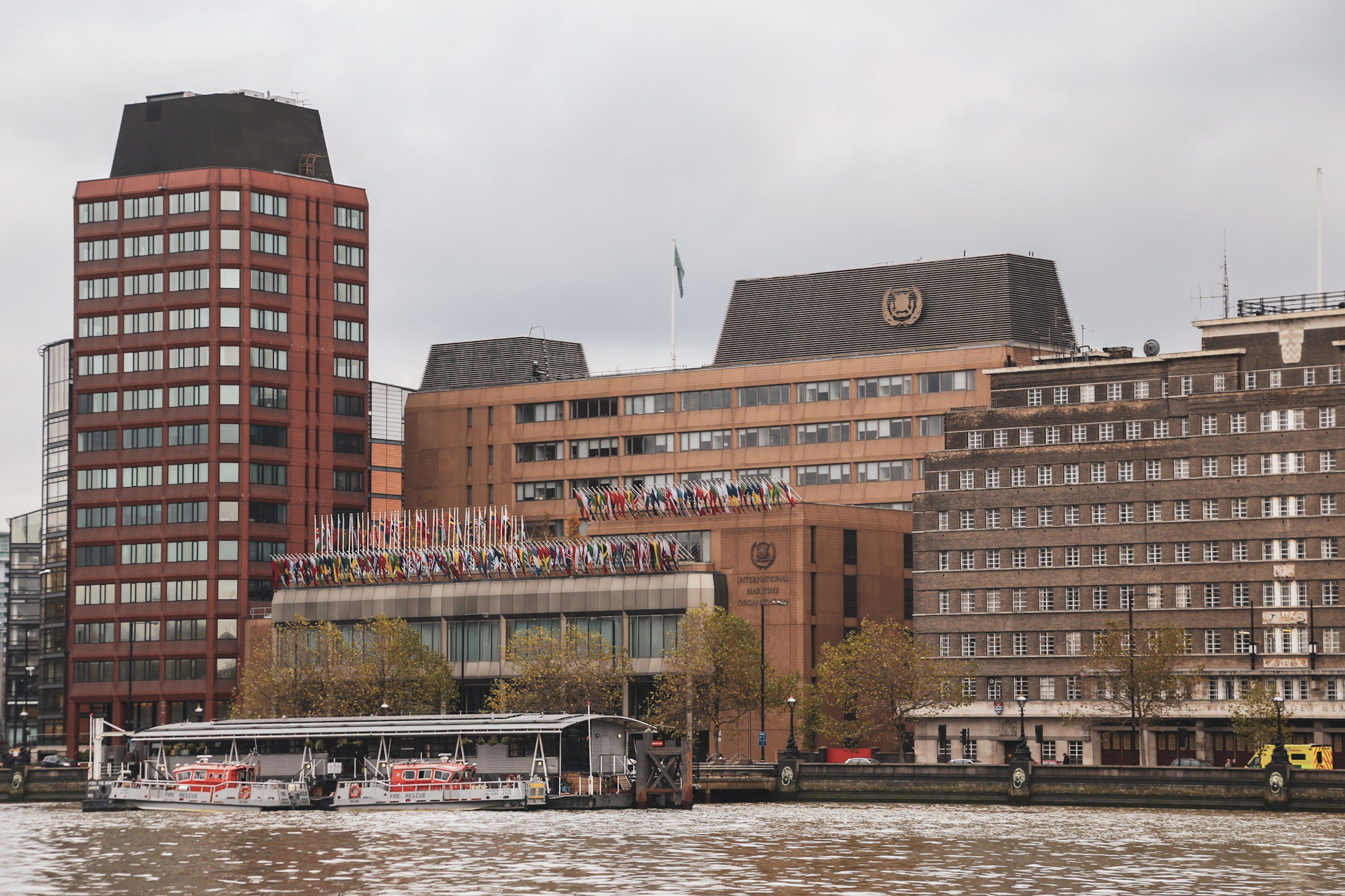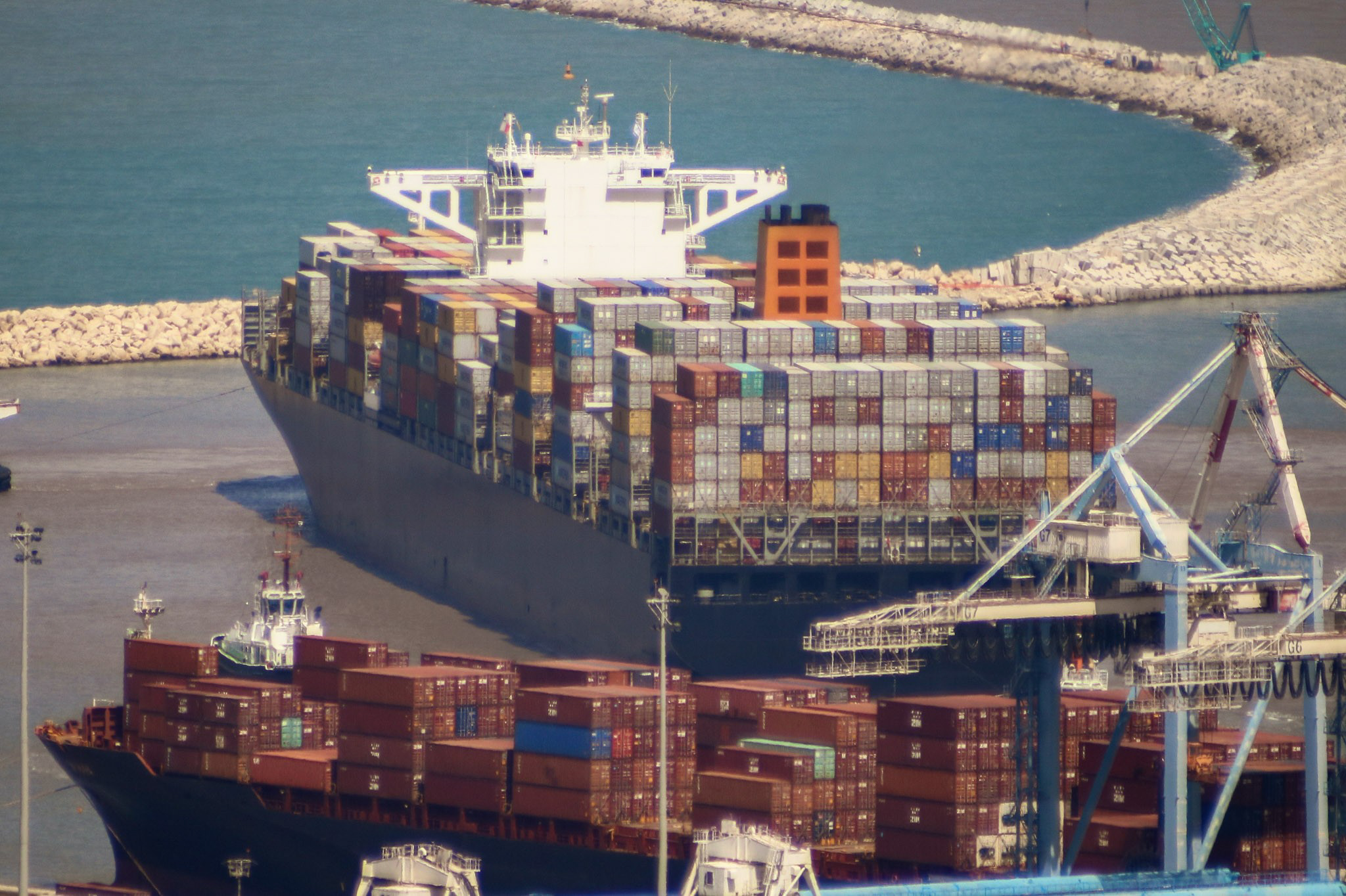To curb pollution produced by the world’s ships the International Maritime Organization (IMO) will enforce new emissions standards on January 1, 2020, effectively banning use of fuel with a sulfur content higher than 0.5 percent, compared to 3.5 percent at present, unless ships are fitted with equipment to clean up its sulfur emissions. This move of the International Maritime Organization (IMO) opens multiple market opportunities, estimated at $3.5 Billion by Market Research Media analyst team, the amount to be invested in the next 18 months to prepare the world’s ship for new rules of the game.
IMO Secretary-General Kitack Lim said, “For the past three years, IMO Member States, the shipping industry and fuel oil suppliers have been working tirelessly to prepare for this major change in the sulphur content of ships’ fuel oil. I am confident that the benefits will soon be felt and that implementation will be smooth.”
We don’t share IMO Secretary-General’s enthusiasm and don’t expect implementation of IMO 2020 to be smooth or fast, yet changes are coming and market opportunities are here.
The report provides estimates for market opportunities in the following segments:
- Services: planning and design, equipment installation and maintenance to comply with new standards;
- Product and services associated with switch to another fuel with lesser sulfur content;
- Product and services, scrubbing equipment, associated with retrofit of ships to comply with new standards while using high-sulfur fuels;
- Monitoring, testing, diagnostic equipment and services;
- Fuel additives, fuel processing to decrease sulfur content
- Maritime use of fuel cells for propulsion and auxiliary power


The report assesses the preparedness of the shipping industry to new emissions standards as low, with only few shipping companies have invested so far in equipment to scrub pollutants from engines burning high-sulfur fuel. The report forecasts gradual upgrade of ships to new standards also after January 1, 2020, with investments of about $5 Bln over the period 2020-2024.